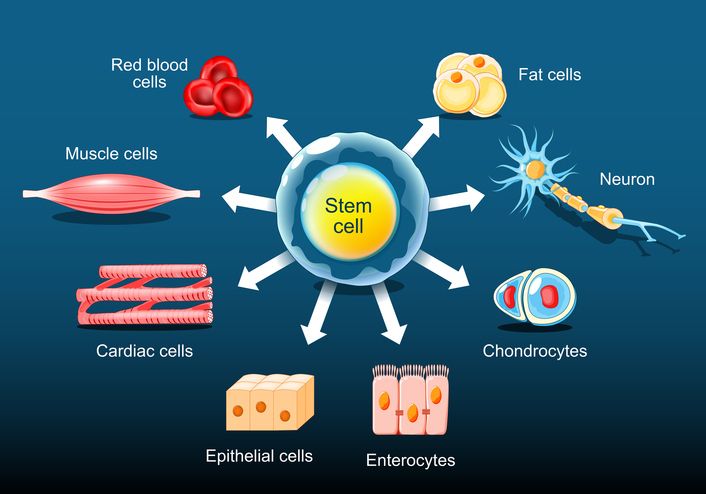

Book Now to Experience
F8 Hair Regrowth Treatment
1 Minute Self-Registration
Date should not be before minimal date
Author: Leila Tan|Updated: 23 July 2024
Have you had enough of having to comb through bald spots after every wash? Do you want to stop balding so you can feel confident again? If any of the above questions prompted a "yes," you might be considering investing in one of those hair loss/growth products. But before you do, you need to educate yourself on the details that shampoo companies omitted.

1
What Tells a Sensitive Scalp from Healthy Scalp
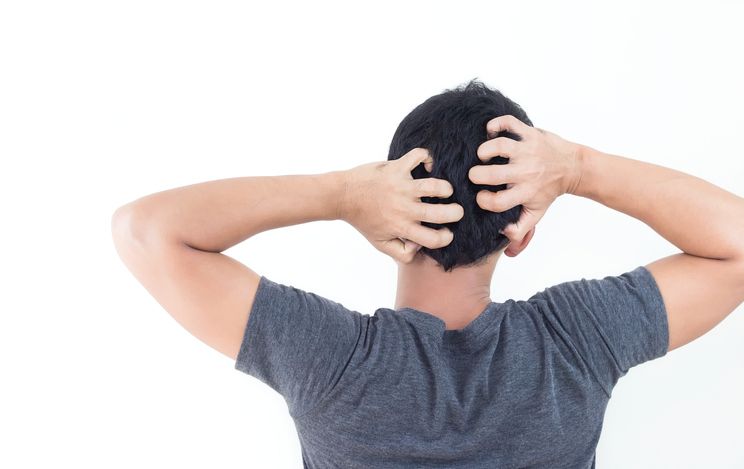
A healthy skin has a pH that is in the right range, has enough moisture, and is not inflamed, infected, or irritated. A healthy scalp helps hair grow in the right way and keeps hair from falling out or breaking. A sensitive scalp responds quickly to things like shampoos, styling products, the weather, or stress. If your skin is sensitive, it may itch, burn, turn red, get dry, or flake. If the root cause is not taken care of, a sensitive scalp can also cause hair loss.
The biggest difference between a healthy scalp and a sensitive scalp is how sensitive it is and whether or not there are any symptoms. A healthy scalp may sometimes feel a little bit of discomfort or irritation, but this is generally easy to fix by gently washing and moisturising the scalp. A sensitive skin may have long-lasting or recurring symptoms that get in the way of daily life and need extra care.
• Loss of hair can happen on both healthy and sensitive scalps, but the reasons are different for each. There are many things that can cause hair loss, like genes, hormones, medicines, diseases, stress, or not getting enough nutrients. Some of these things are on the inside, and both healthy and sensitive scalps are affected by them in the same ways. But some outside things can make sensitive scalps feel worse than healthy ones. • For example, scalp folliculitis, which is an inflammation of the hair follicles caused by bacteria or fungus, can make hair loss more likely in people with sensitive scalps. Scalp folliculitis can cause itching, pain, pus-filled bumps, and scarring, which can damage the hair follicle and cause lifelong hair loss. A sensitive scalp may also be more likely to lose hair because of allergies or irritant contact dermatitis caused by shampoos or other hair products with strong chemicals or scents. These reactions can lead to redness, itching, swelling, and loss of hair. • To keep your hair from falling out and keep your scalp healthy, it's important to follow some tips that can make your scalp less sensitive and improve its health. If would be best if you use a mild shampoo that is free of sulphates and parabens and has a normal pH. Avoid shampoos with alcohol, artificial colours, or fragrances that can irritate the skin, cause they can really make your thinning hair turn worse.
A healthy scalp and a sensitive head are not opposites. You can have sensitive skin that is also healthy if you take good care of it and stay away from things that can cause irritation or inflammation. By using these tips, you can improve the health of your skin and stop hair loss.
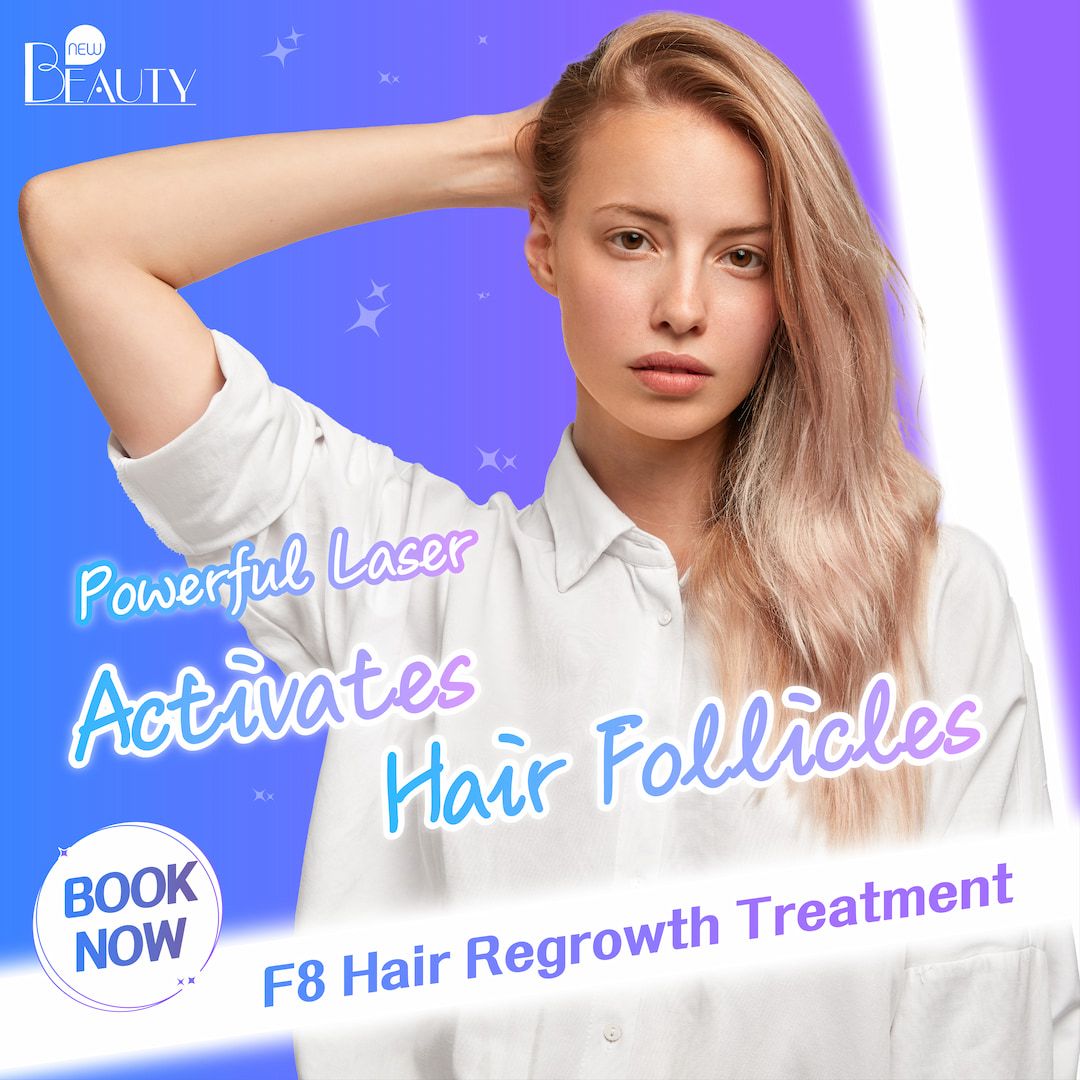

2
How Anti Hair Loss Shampoos Affects Your Hair Health
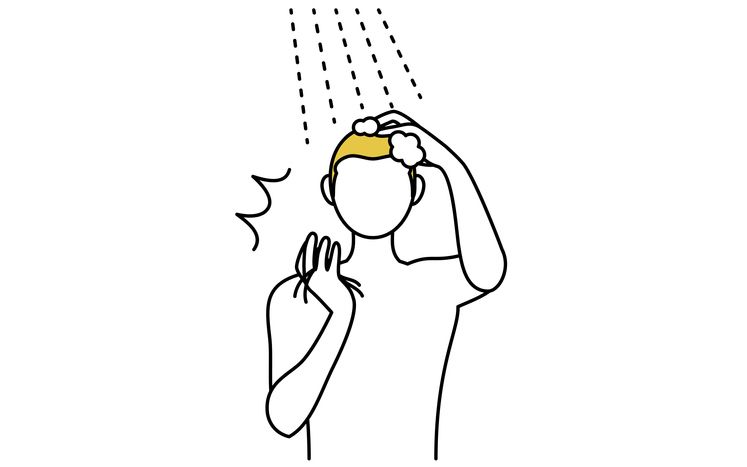
Shampoos that are supposed to stop hair loss are not miracle items that can strengthen hair overnight. Most of them are cosmetics that can only make your hair look better by making it look fuller and shinier. They don't deal with the real reasons why people lose their hair, like genetics, hormones, stress, or medical problems. Also, these ingredients are not enough to stop hair loss on their own. To see the effects, you have to use them regularly and for a long time, and even then, they might not work for everyone.
There are some things you should know about shampoos that stop hair thinning or hair breakage. Some of them can make your scalp irritated, itchy, dry, or cause allergic responses. Some of them can also cause problems with other hair loss treatments or medicines you may be taking. For example, if you are using minoxidil topical treatment (Rogaine), you shouldn't also use a shampoo with minoxidil in it. Doing so can make it more likely that hair will grow in places you don't want it to. Some creams that stop hair loss can also be expensive and need to be used often to keep working.

3
Ingredients In Anti Hair Loss Shampoo That Might Make Affect Hair Density or Make Your Hair Worse
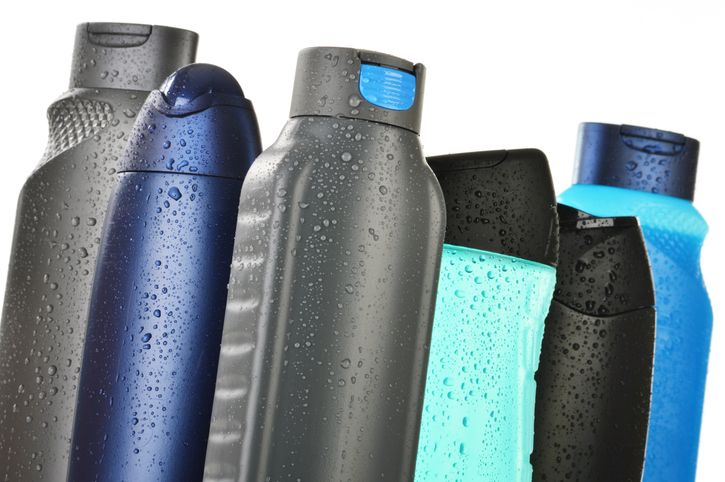
It is really important to make a habit by checking the ingredient list before you get any shampoo to promote hair growth. Of course, not all shampoos are the same, and some shampoos may have chemicals that can hurt your hair. Here are some things you should avoid in shampoos that stop hair loss:
Quaternium-15
Many consumers might have not heard of this ingredient before, but this actually could be the most dangerous chemical on this list. You should avoid shampoos that contain it for more than just your hair's health. It was once used as a protection, but it also kills bacteria. The same thing that kills microorganisms can also hurt your body. Quaternium-15 can give off formaldehyde, which is known to cause cancer and can cause rashes, eye pain, breathing problems, and hair loss.
Parabens
Parabens are preservatives that keep shampoos from getting germs. But they can also throw off the balance of hormones in your body and mess with the way your hair grows. Parabens have been linked to both breast cancer and problems with reproduction. Luckily, even normal shampoo nowadays are often paraben-free.
Sulphates
These are harsh detergents that strip your skin and hair of their natural oils and moisture. They can make the hair cells dry, irritated, inflamed, or damaged, which can lead to hair loss. Shampoos that make a lot of foam and suds often have sulphates in them.
Alcohol
Another thing that can dry out your skin and hair is alcohol. Alcohol can also cause inflammation and make hair shafts weaker, which makes hair more likely to break and fall out. Alcohol is often added to shampoos to make them thin and give them a nice scent.
Fragrance
is a broad term that can mean hundreds of different chemicals that are added to shampoos to make them smell good. But many of these chemicals can cause allergies, irritate your skin and hair, or even kill them. Fragrance can also hide the signs of an infection or a bad response to a shampoo.
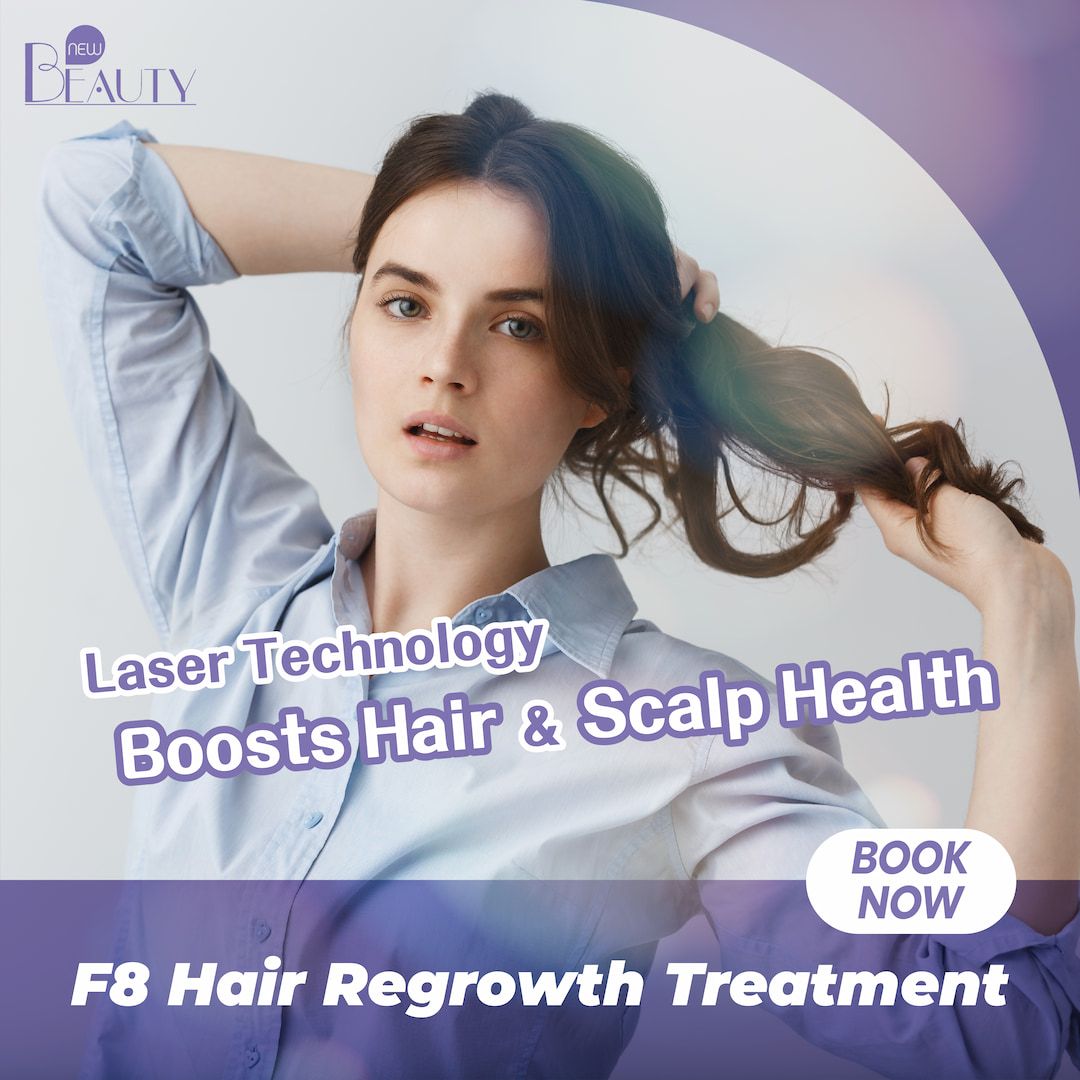

4
Include These Nourishing Ingredients into Your Frequent Use Shampoo List
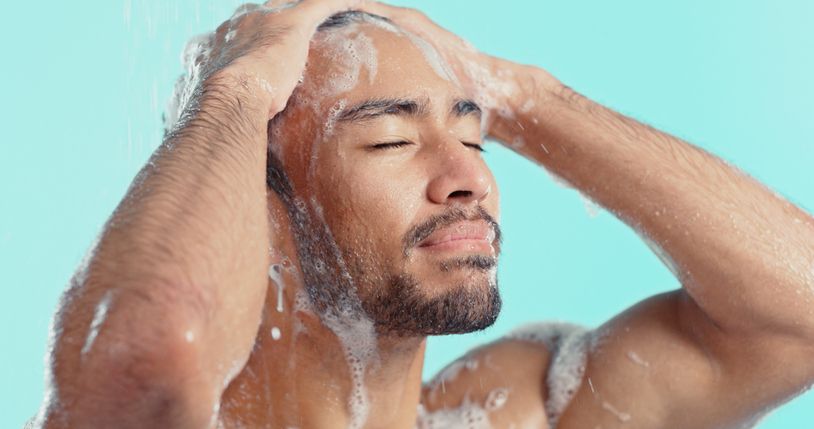
If you really wish to use shampoo to treat brittle strands and hair shaft properties. Instead, look for shampoos with natural or organic chemicals that will keep your scalp and hair healthy and safe. Aloe vera, coconut oil, biotin, rosemary oil, peppermint oil, and tea tree oil are all good for you. These ingredients can keep the skin moist, increase blood flow, reduce swelling, fight diseases, and help hair grow, but might not be suitable for people with oily scalp.
As people with sensitive scalps are more prone to problems like head itching, turning red or flaking, you should beware of the source of issues like allergies, harsh chemicals, changes in the weather, or changes in hormones. A sensitive scalp can also hurt the health and look of the hair by making it more likely to break, dry out, and look dull. Some of the things you should look for in shampoos for a sensitive skin that stop hair loss are:
Aloe vera
Aloe vera is a natural plant product that can calm, moisturise, and reduce inflammation. It can soothe and heal an irritated scalp and help hair grow by increasing blood flow to the hair follicles and providing nutrients to them.
Chamomile
Chamomile is a natural herb that has qualities that make it soothing, calming, and anti-inflammatory. It can make hair shine and feel soft by adding moisture and smoothing the cuticles. It can also help reduce redness, itching, and inflammation on the head.
Tea tree oil
This is a natural essential oil that fights bugs, fungus, and inflammation. It can help fight scalp diseases like dandruff and folliculitis that can make hair fall out and stop new hair from growing. It can also unclog pores and remove oil from the hair without drying it out.
Biotin
Biotin is a vitamin that helps hair grow in a healthy way. It helps the body make keratin, which is the main protein found in hair. It also keeps hair from falling out by making the roots stronger and keeping the hair from breaking.
Steps to use an anti-hair loss shampoo on a sensitive scalp
1. Use cold water to wet your hair. 2. Put a small amount of shampoo on your hand and rub it together. 3. Use your fingers to gently massage the shampoo into your head. Do not scratch too hard or use your nails. 4. Thoroughly rinse your hair with cold water. 5. Then, use a leave-in treatment or conditioner that is right for your hair type and scalp state.
Using a shampoo for a sensitive scalp that helps stop hair loss can help improve the health of your scalp and stop or slow hair loss. But it's important to choose a shampoo that is gentle and won't irritate your skin. You should also talk to your doctor or dermatologist if you have any underlying medical problems or allergies that might affect your scalp or hair growth.

Book Now to Experience
F8 Hair Regrowth Treatment
1 Minute Self-Registration
Date should not be before minimal date

5
The Actual Treatment You Need To Stimulate Hair Growth
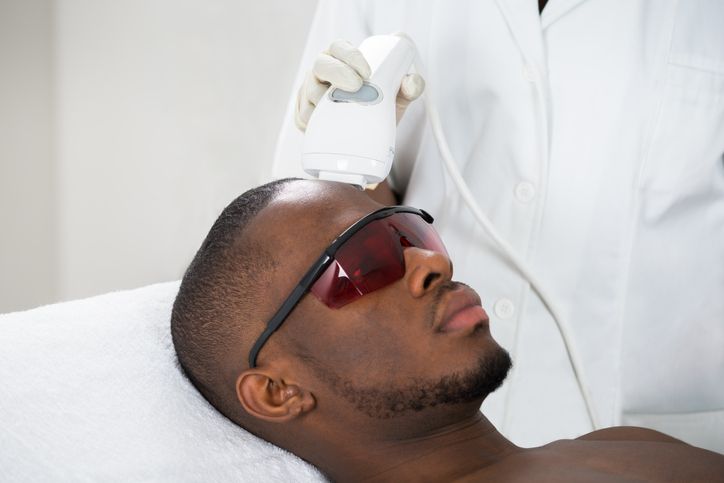
So, how can you put a stop to your hair loss and even grow some of it back? Medication, vitamins, laser therapy, PRP therapy, and surgical hair restoration are just some of the options. The treatment you require depends on a number of factors, including your age, gender, medical history, the nature of your hair loss, and your personal preferences. Common treatments for thinning hair include:
Medications
Minoxidil and finasteride are the main medications that are often prescribed for people who are losing hair. You can apply the minoxidil solution to your scalp twice a day. The increased blood supply and thus larger hair cells are what make this treatment effective. Finasteride comes in a pill form, which you take once daily. It prevents the production of dihydrotestosterone (DHT), a hormone responsible for the reduction and eventual cessation of hair production by the follicles. Both medications have the potential to halt further hair loss and even stimulate the growth of new hair if used regularly. Many people, however, dismiss this as a viable option because of the potential for side effects like pain, itching, swelling, libido issues, and even an increased risk of developing prostate cancer.
Hair transplant
In hair transplant surgery, healthy hair follicles are transplanted to areas of the scalp that are balding or thinning. The surgeon will make tiny incisions on your scalp to insert the hair grafts. It may take more than one session to achieve the desired results, and each session can last for many hours. The transplanted hair will develop regularly and blend in with your own hair. However, this procedure is both costly and invasive, and it carries the risk of scarring, infection, bleeding, and patchy hair regrowth.
Laser treatment
In order to stimulate more healthy cell division and blood flow in the brain, laser therapy can be used as an alternative to invasive surgery. You can either wear a device that directs the laser light onto your scalp, or you can slide a hand-held device over your scalp as it emits the light. The therapy is available for both in- and out-patient use. Hair loss may be halted and growth stimulated as a result. It may take a few months, and the approach may not be effective for persons who are losing a lot of hair. It may also cause irritation to your eyes, skin, or skull.
Low level laser therapy (LLLT)
Apart from laser therapy, many would also consider using low level laser therapy as a treatment option for hair loss that uses low-intensity light to stimulate hair follicle and increase blood flow to the scalp. LLLT may help prevent further hair loss and promote hair regrowth in some cases. LLLT is generally safe and painless, but it may not work for everyone and it may have some side effects such as scalp irritation or headache.
Thankfully, here at New Beauty, we would like to introduce you to a treatment that can assist you to have healthy hair growth despite the hair types you have. F8 is a treatment that doesn't hurt and keeps the skin and hair healthy. Low-laser energy and hair growth serum are swept over the head to wake up sleeping hair follicles and boost the hair papilla inside. The energy and serum also fix the capillaries and improve their microcirculation, which helps the hair cells get the nutrients they need to stay healthy. You'll find that your hair is thicker and better after the process.
F8 Hair Regrowth Treatment doesn't hurt you, so it doesn't leave a wound. The low-energy laser is soft and gets the blood flowing without hurting the skin. The infusion of hair growth serum can deep-cleanse the scalp to reduce sebum and clear hair shafts to make the scalp healthier.


6
Conclusion
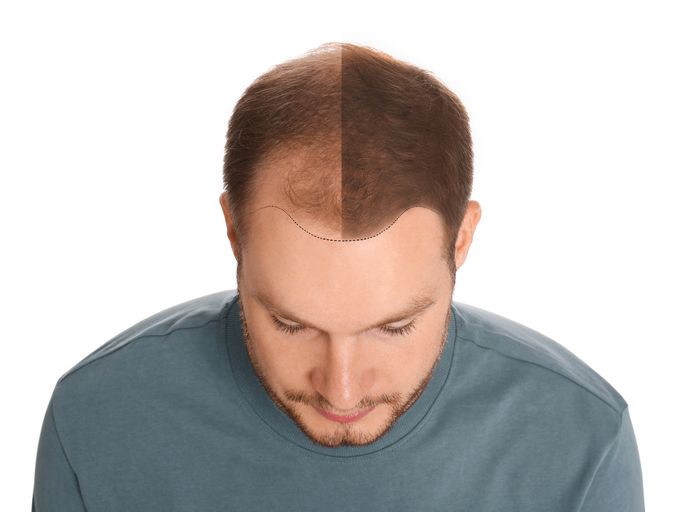
In conclusion, shampoos that claim to stop hair loss are not the answer to your problem. Remember that hair loss is a complicated problem that needs a whole-person method and care that is tailored to the person. Most of the shampoos can only make you look better for a short time and may have some downsides. Thus, you shouldn't depend on them alone. Instead, you should get help from a professional treatment if you wish to regain thick and fine hair permanently.
FAQ
To what extent can hyaluronic acid and amino acids help my hair, and what are they?
Hyaluronic acid and amino acids are two naturally occurring compounds that can help keep your hair healthy and shiny, as well as repair damage. Amino acids are the structural cornerstones of proteins, while hyaluronic acid serves to bind and hold onto water. Together, they can protect your hair from drying out, breaking, and losing its colour.
How often should I wash colored hair?
The frequency with which you should wash your color treated hair is lower than that of your natural hair, although this varies depending on your hair's type, texture, and condition. Washing your hair too often can remove the protective oils and pigments. Shampooing should be kept to a minimum (no more than twice a week) and a mild, color-safe, sulfate-free shampoo should be used.
I'm not sure what kind of conditioner help strengthens hair growth as I colored my hair.
A conditioner designed for dyed hair will help feed, moisturise, and prevent your strands against fading dye. Antioxidants, ultraviolet (UV) filters, and keratin are just a few examples of the kinds of chemicals you should be on the lookout for. You may also improve your hair's health and shine by using a deep conditioning mask once a week.
Can low-level laser therapy for hair growth be used on dyed strands, and what exactly is it?
Answer: Low-level laser therapy (LLLT) is a safe, non-invasive method of increasing scalp circulation and cell metabolism. By stimulating dormant follicles and prolonging the growth phase of the hair cycle, this can aid hair growth. For most people experiencing hair thinning or loss, LLLT can be used safely and effectively, regardless of hair colour or type. However, those experiencing extensive hair loss or scarring alopecia may not get results from LLLT.
How many F8 Hair Regrowth Treatments should you use to get the best results?
Most people are told to use the F8 Hair Regrowth Treatment for 3 to 6 months as a full course of treatment. The recommended course of treatment will be 6 to 12 months, but the final decision is made by in-house wellness professionals based on hair types and scalp condition.

Book Now to Experience
F8 Hair Regrowth Treatment
1 Minute Self-Registration
Date should not be before minimal date
Recommended Articles
COPYRIGHT© NEW BEAUTY MANAGEMENT LIMITED 2026. ALL RIGHT RESERVED.


